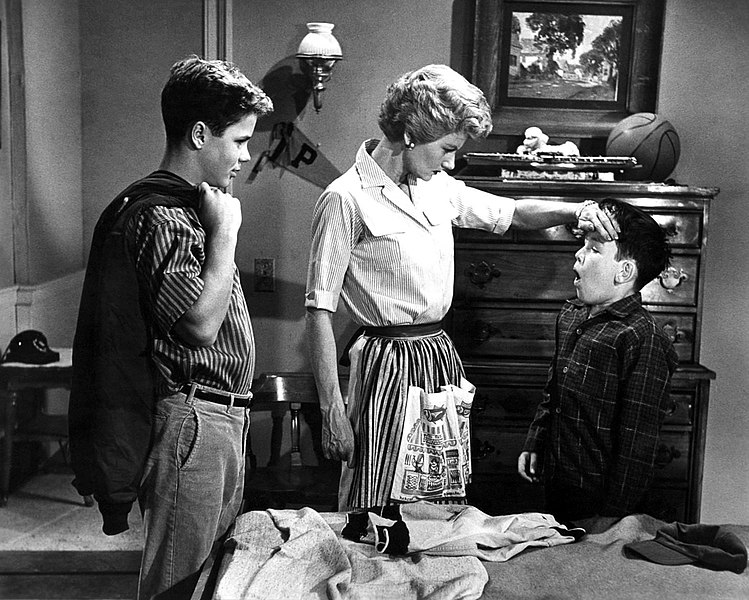Summary | Excerpt | Reviews | Beyond the Book | Read-Alikes | Genres & Themes | Author Bio

The Year of No Do-Overs
by Mary Louise KellyThis article relates to It. Goes. So. Fast.
 In It. Goes. So. Fast., Mary Louise Kelly shares her struggles to balance work and family life. Although for Kelly there was never a question of whether or not to give up work permanently in favor of parenting, the difficulty of finding the balance she seeks makes that question a perennial topic of interest—and conflict—among mothers.
In It. Goes. So. Fast., Mary Louise Kelly shares her struggles to balance work and family life. Although for Kelly there was never a question of whether or not to give up work permanently in favor of parenting, the difficulty of finding the balance she seeks makes that question a perennial topic of interest—and conflict—among mothers.
The "mommy wars," a concept of tension between working and stay-at-home mothers, became popular in the 1990s, driven in part by the claim that modern parents spent 40% less time with their children than earlier generations. The documentary news organization Retro Report shows that a careful reading of the sources has rendered this statistic questionable, but it became part of the cultural narrative at the time. One mother I spoke to confided that she moved to the United States when she was six months pregnant with her first child, and was relieved that she didn't have to justify herself to either group of friends—those who stayed at work or those who didn't—because, without a work visa, she didn't have a choice.
According to the Bureau of Labor Statistics, 72.9% of mothers now work outside the home, or are seeking work (as of 2022). Although some women are lucky enough to make this choice out of passion for a particular career, for many families the decision comes down to financial necessity. However, Retro Report points to research that tells us that despite nostalgia for a Leave It to Beaver world, mothers in the stay-at-home era spent less time focused on their children than modern, full-time working moms, because they were more focused on homemaking responsibilities. It also turns out that quality time is more important than the sheer quantity of parenting time, and that, by and large, modern parents use their time with their children wisely.
Over time, the "mommy wars" have evolved. Now that so many people work, differences in parenting philosophies, from feeding choices to toilet training to discipline, provide more fodder for conflict than the question of whether or not to be a working parent. A recent study by Iowa State researcher Kelly Odenweller examined stereotypes among mothers. She found that mothering labels such as "overworked," "ideal," "non-traditional" and "lazy" encourage judgment and division. Some mothers admit that, based on those labels, they would exclude, ignore or even, in extreme cases, physically attack other mothers they disapprove of. Online groups meant to provide a support network often turn toxic. This led one mother to turn off notifications for her Facebook mom group and only visit when she needed specific support.
In the end, as Mary Louise Kelly discovered, work-life balance is an ideal to strive for rather than one to necessarily be achieved. Without that struggle, we might forget to savor the day-to-day moments that are destined to become precious memories. Perhaps the solution to the "mommy wars" is to follow an old truism we teach to children: to keep our eyes "on our own paper."
Photo of a scene from Leave It to Beaver featuring Tony Dow, Barbara Billingsley and Jerry Mathers (1958), via Wikimedia Commons
Filed under Society and Politics
![]() This article relates to It. Goes. So. Fast..
It first ran in the June 7, 2023
issue of BookBrowse Recommends.
This article relates to It. Goes. So. Fast..
It first ran in the June 7, 2023
issue of BookBrowse Recommends.
If there is anything more dangerous to the life of the mind than having no independent commitment to ideas...
Click Here to find out who said this, as well as discovering other famous literary quotes!
Your guide toexceptional books
BookBrowse seeks out and recommends the best in contemporary fiction and nonfiction—books that not only engage and entertain but also deepen our understanding of ourselves and the world around us.